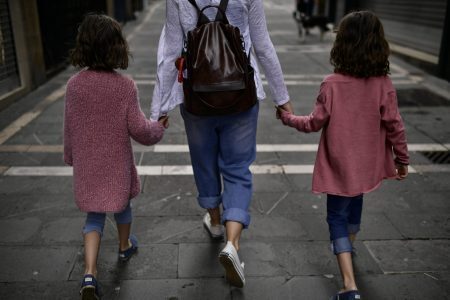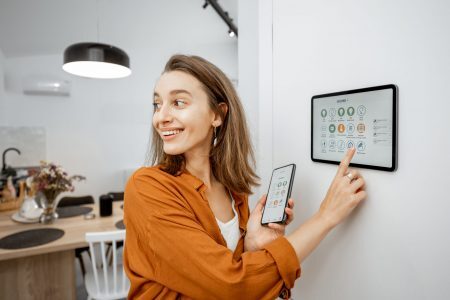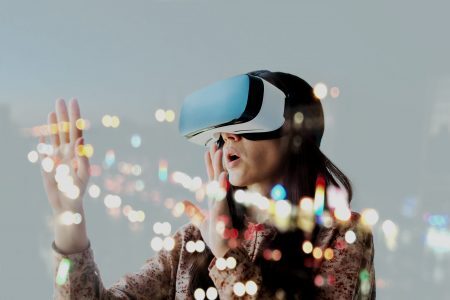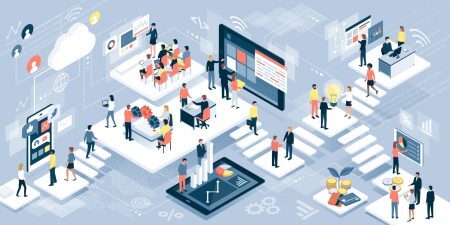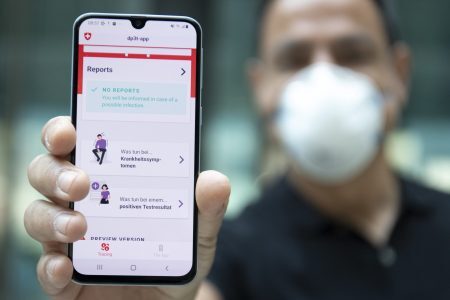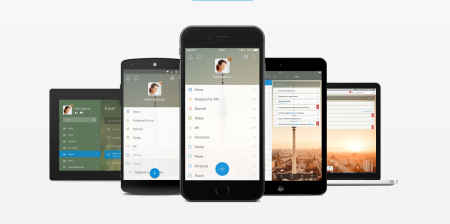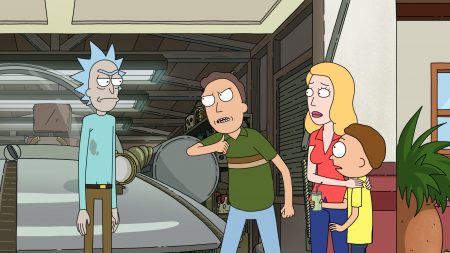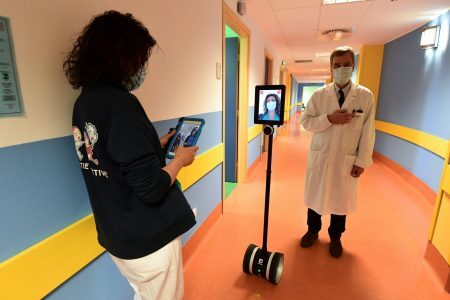The world is upside down right now due to coronavirus. Although there are early signs of tentative re-openings for trial-and-error…
Search Results: oppo (1464)
Internet connected devices need power. That either means connecting them to the grid, which limits what we can use them for, or using batteries. So as the Internet of Things grows and more and more internet-enabled devices and sensors are rolled out as is expected, it could produce billions of extra batteries that have to be recycled every year, or else will just be thrown away.
Not so long ago, the concept of a fully automated store seemed something of a curiosity. Now, in the midst of the COVID-19 pandemic, the idea of relying on computers and robotics, and checking out groceries by simply picking them off the shelf doesn’t seem so peculiar after all.
We are experiencing the biggest remote work experiment in history – but many are beginning to imagine life after lockdown. Amid unprecedented global job losses, concerns about transport infrastructure and the continuing need for workplace social distancing, governments are launching back-to-work plans.
Contact tracing has long been used in response to disease outbreaks. It is simply the idea of asking an infected person who they have been in contact with and then notifying the people in question to try and control the spread of the disease. Some countries have been employing this during the current crisis. The World Health Organisation has consistently said that “tracing every contact must be the backbone of the response in every country”.
Tired of re-reading the same books over and over again? The lockdown blues have luckily come to an end. Thanks…
Back in 2015, Microsoft bought Wunderlist (arguably one of the best listing apps around at that time). It’s now clear…
The year is 2020, and the wacky scientist and his grandson who graced our TVs from late 2013 are finally…
Revealed in a live stream creation of the game’s first poster by artist BossLogic, we still know very little about…
Research laboratories and startups are creating new robots, including one designed to allow health care workers to remotely take blood samples and perform mouth swabs. These prototypes are unlikely to make a difference now. However, the robots under development could make a difference in future disasters if momentum for robotics research continues.

